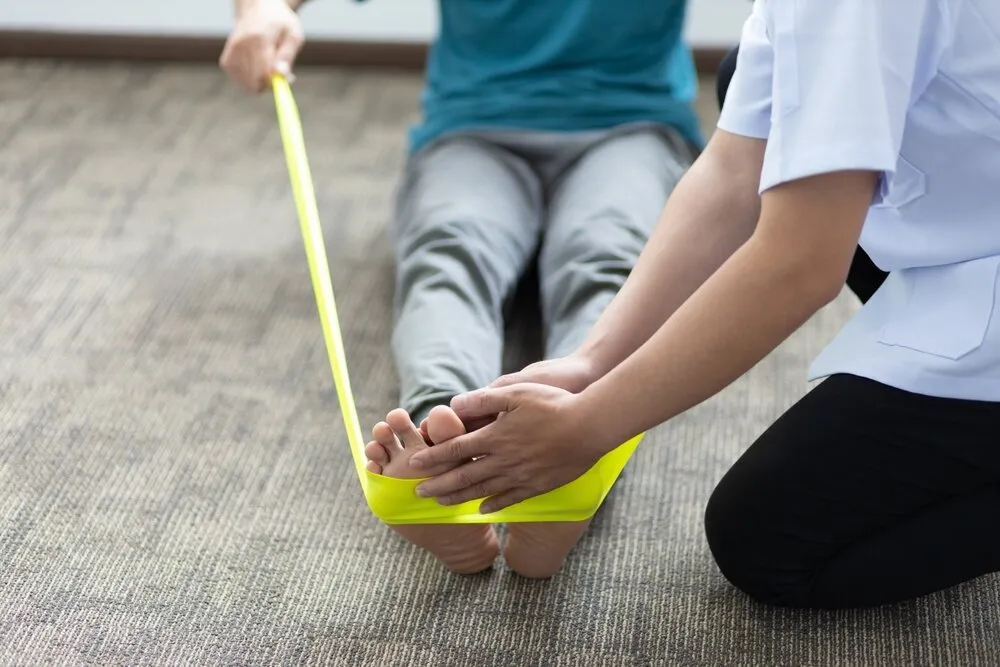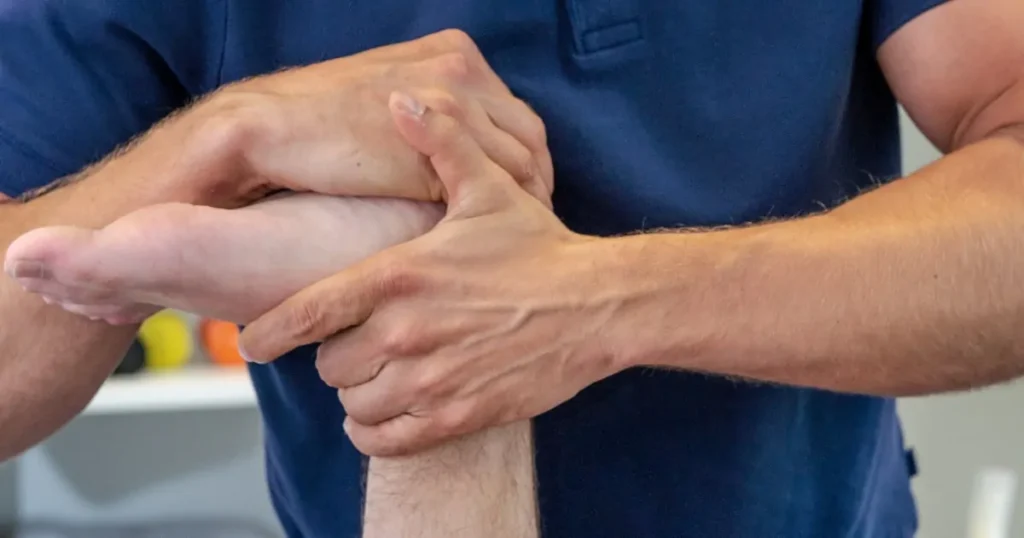
Living with polyneuropathy isn’t just about weird symptoms like burning feet or numb fingers. It’s about feeling unsteady when you walk, struggling with stairs or dropping things because your hands won’t cooperate. It messes with your day in small, frustrating ways. And while it might seem like there’s nothing you can do, physiotherapy says otherwise.

In simple terms, it’s when lots of your peripheral nerves (the ones outside your brain and spinal cord) aren’t working right. Causes vary: diabetes, alcohol, chemo, even low vitamin B12. Most people feel it first in their feet or hands. You might notice tingling, numbness, or weakness, and balance gets trickier than it should be.
Physiotherapy isn’t about “fixing” your nerves—it’s about helping your body adapt and move better despite them. A good physio doesn’t hand you a generic routine. They look at how you move and build a plan that makes sense for your life.

Standing on one leg. Walking heel-to-toe. Trying not to wobble while doing everyday stuff. It’s more helpful than it sounds.
No, physiotherapy won’t magically fix damaged nerves. But it can help you:
Walk with more confidence
Fall less
Do more on your own
Feel more in control
Maybe even get a bit of feeling back over time
And honestly? That’s a big deal.
Not really. The goal isn’t pain or exhaustion. it’s steady progress. If something’s too much, your physio will adjust. It’s about consistency, not intensity.
Good shoes help. A lot.
Some days will be better than others. That’s normal.
Speak up. If something feels weird or unhelpful, say so.
You’re not there to impress anyone. Just to feel better, slowly.
A: No, but it helps your body work around them. Many people feel steadier and more mobile after consistent sessions.
A: Some folks feel better in a week or two, others take more time. Your body sets the pace.
A: Yes, but only with guidance. A physiotherapist can show you how to move safely.
A: It depends. It might help with sensation, but safety comes first. Ask your physio.